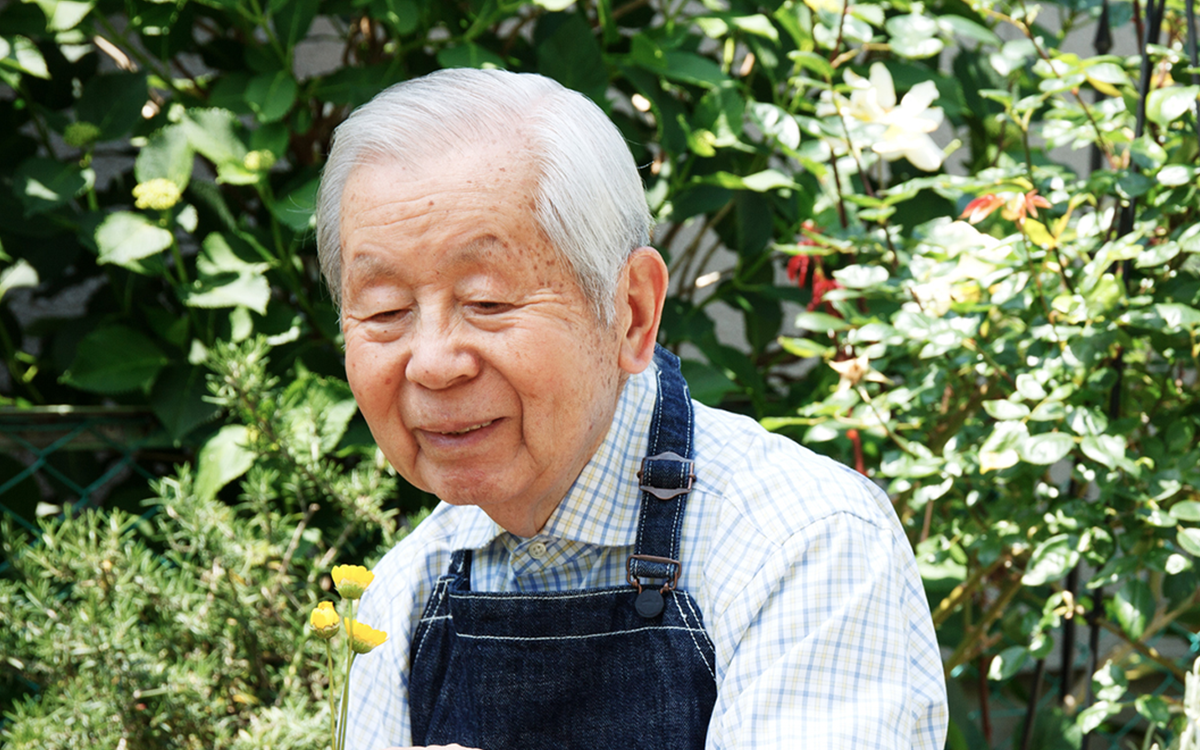Our current emotional state, stress levels, and general mental health are all directly impacted by music, according to research. For instance, numerous artists visited various hospitals following World Wars I and II to perform for veterans in an effort to alleviate the impact of their trauma.
Since then, a lot of therapists have started to include music in treatment sessions for patients of all ages, from young children to senior citizens. We’ll discuss what music therapy is today, some of its benefits for seniors, and potential drawbacks.
What is the process of using music therapy?
“Music Therapy Treatment” makes use of music or other auditory components to help patients relax, comprehend their feelings more fully, and support therapeutic procedures. Contrary to widely held beliefs, music therapy is a planned treatment session conducted by a licensed therapist; it is not just listening to music to relax or de-stress.
The format and structure of sessions might change depending on the kind of music therapy that is being used. Nevertheless, the procedure is comparable to routine treatment sessions in that the therapist evaluates the patient’s mental, physical, and musical aptitude in order to develop a customized plan.
Different techniques to music therapy
There are two primary categories of music therapy: receptive and active. Let’s examine each of these in more detail:
Active Music Therapy
Participating in a musical activity, such as dancing, singing, or playing an instrument, is a requirement for this kind of music therapy. Several popular types of active treatment consist of:
Dancing. Dancing is an activity that is rather simple. Therapists may play music and facilitate movement as a means of expressing feelings. This lesson might take place in a group or one-on-one setting. Some lessons may only need you to move your body, while others might use objects like flags.
playing an instrument or singing. Another popular kind of music therapy is singing or playing an instrument. Patients can learn to sing or play for the first time, or they can use music therapy to rekindle a past talent and explore their feelings and ideas.
Composing music or letting it flow. Beyond only performing or singing songs that have already been composed, this technique fosters expression via the creation of original works and “musical moments,” which may foster both individual and group creativity.
Receptive Music Therapy
Consciously listening to live or recorded music while reflecting on it is a common therapeutic practice. This kind of music therapy works wonders for promoting calm and reducing anxiety. Afterward, there can be a conversation about emotions or the music itself.
5 advantages of music therapy for seniors
For seniors, musical therapy offers several benefits. Below is a summary of a few of those advantages:
1. Enhances and maintains cognitive function and coordination
Coordination is necessary for learning any new skill. To become skilled at it, one must also have a certain amount of focus. Singing, dancing, or picking up an instrument are some of the ways that music therapy may help seniors preserve and enhance their physical coordination and cognitive abilities.
Your brain works when you listen to music. Learning to play a new instrument or take up singing might help the brain create new connections or reactivate old ones. The majority of the brain, including the regions in charge of memory, hearing, dopamine (the happy receptors! ), and creativity, are stimulated just by listening to music.
2. An enjoyable workout routine
Dancing is one of the best ways to combine movement and physical exercise, plus music is a great way to work out the mind.
Your loved one just needs to move to the music to get their heart and blood flowing—they don’t even need to be expert dancers! Dancing may be both enjoyable and therapeutic since exercise generates endorphins, which can reduce stress and improve mood.
While some dance therapy sessions solely focus on the body’s movement, others could use costumes or props to increase participant enjoyment.
3. Providing a safe outlet for feelings
Instead of holding their feelings inside, seniors may express and process them via music therapy in a healthy and productive way.
Because it releases dopamine, the brain chemical linked to happiness and joy, music can help reduce stress, depression, and anxiety. Dancing is a great way to burn off physical and mental stress, but you can additionally minimize mental anguish by singing or playing an instrument.
Your loved one may be able to convey things via music that they are unable to verbally express if they struggle with personality, trauma, or a physical condition.
4. Social advantages
Seniors often battle with loneliness and isolation, but music fosters sense of community. Being a part of an activity again might help your loved one feel reinvigorated in group settings like a choir or dancing class.
5. Dementia and music therapy
To help patients suffering from dementia, including Alzheimer’s disease and other types, some therapists employ music therapy. Like scent, sound may also be a very useful instrument for evoking memories.
There are several examples of seniors who were musicians in their youth who are able to perform entire pieces of music and improvise even after dementia sets in. Allowing their hands to act as a memory for their brains frequently aids in the person and their family’s recovery of comfort and sense of identity.
Although it hasn’t been demonstrated by science that music may stop dementia’s effects, it can lessen the worry and despair that people with the illness frequently face.
Potential risks of music therapy
Despite being a low-risk, non-intrusive therapy, there may be certain disadvantages that you need to be aware of. Because music is such a strong medium, it may bring up unpleasant or distressing memories for your loved one, such as the death of a parent, spouse, or friend.
If your parent or grandparent suffers from dementia and has forgotten their loved ones’ passing, you should be especially concerned about this possibility.
To reduce risks and make the process fun and beneficial for all parties, make sure your loved one is being as honest as possible with their therapist.
Music therapy for seniors is an excellent way for a parent or grandparent to safely and constructively express their feelings and cope with stress. With the use of music, we can express ourselves in ways that words alone cannot since it is a beautiful and powerful medium.
The goal of Verve Senior Living is to provide an inviting environment where residents feel supported and protected. Get in touch with us to learn more about our signature programs, Java Music Club and Java Memory Care, tailored to enhance the well-being of our residents. Discover how our residences can provide the specialized care your loved one needs.




